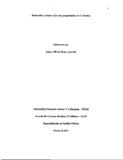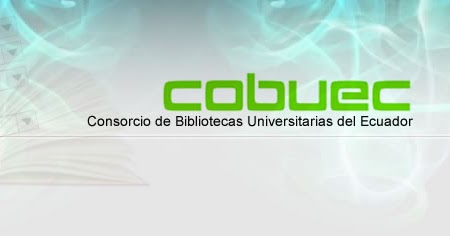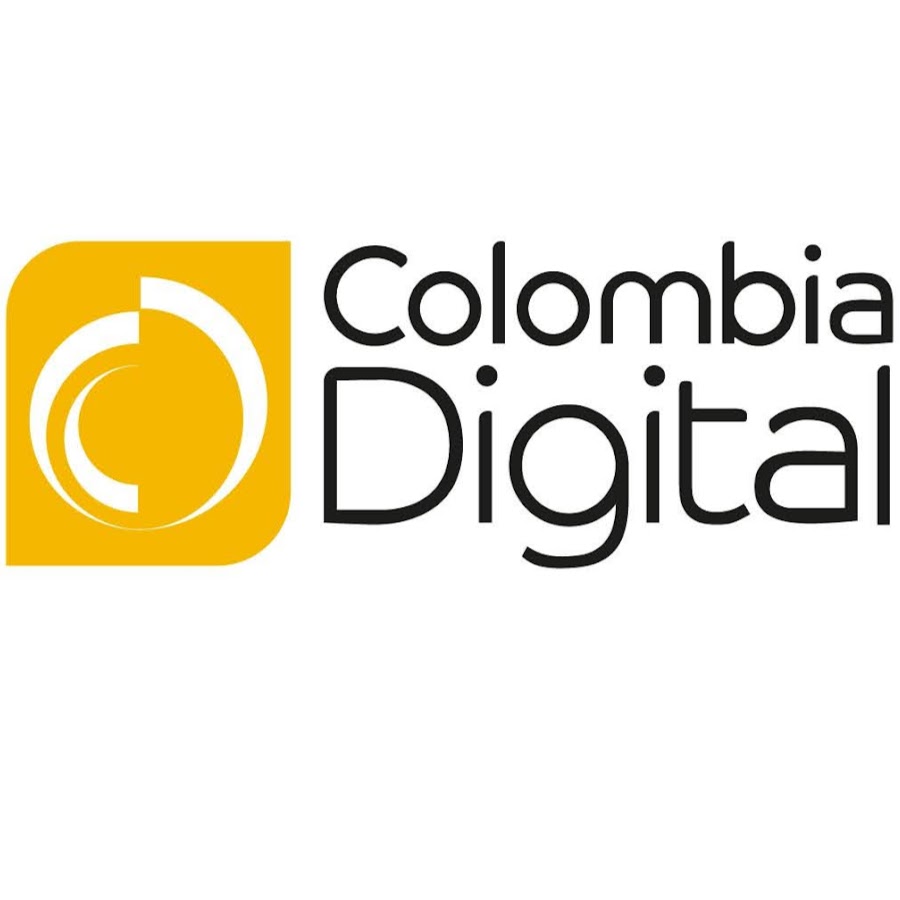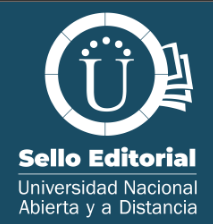Mostrar el registro sencillo del ítem
Desarrollo y alcance del voto programático en Colombia
| dc.contributor.advisor | Gomez Acosta, Juan Jose | |
| dc.coverage.spatial | cead_-_Sogamoso | |
| dc.creator | Rojas Acevedo, Johan Alfredo | |
| dc.date.accessioned | 2021-09-03T14:21:45Z | |
| dc.date.available | 2021-09-03T14:21:45Z | |
| dc.date.created | 2021-03-01 | |
| dc.identifier.uri | https://repository.unad.edu.co/handle/10596/42296 | |
| dc.description.abstract | El voto programático ha sido establecido en la Constitución Nacional de Colombia, como un mecanismo para garantizar la soberanía popular; ya que permite que los residentes en el territorio nacional, registrados para votar, ejerzan su derecho al voto conforme los planes de gobierno pre establecidos por los candidatos, plan que es de conocimiento público desde el momento de la inscripción de cada candidato al cargo de Alcalde y Gobernador; de otra parte, este tema tiene una gran relevancia puesto que también involucra a manera de control político la revocatoria del mandato por el incumplimiento en el programa de gobierno seleccionado. Siendo así, el presente trabajo de grado se centró en analizar el desarrollo y alcance del voto programático en Colombia, el cual lleva en acción desde el año 1991, es decir que ya ha trascurrido un tiempo de 29 años aproximadamente, desde su promulgación, permitiendo observar los resultados y cambios generados en el ordenamiento jurídico y territorial; para esto, se utilizó como metodología de investigación, la metodología de investigación cualitativa, analizando la normativa vigente, realizando Derecho comparado entre países que han desarrollado este mismo tema y vislumbrando la realidad nacional, surgida en torno al tema. Palabras clave: Voto programático, Revocatoria de mandato, Derecho comparado, Soberanía, Resultados. | |
| dc.format | ||
| dc.title | Desarrollo y alcance del voto programático en Colombia | |
| dc.type | Proyecto de investigación | |
| dc.subject.keywords | Voto programático, Revocatoria de mandato, Derecho comparado, Soberanía, Resultados. | |
| dc.description.abstractenglish | The programmatic vote has been established in the National Constitution of Colombia, as a mechanism to guarantee popular sovereignty; since it allows residents in the national territory, registered to vote, to exercise their right to vote according to the government plans pre-established by the candidates, a plan that is public knowledge from the moment of registration of each candidate for the position of Mayor and Governor; on the other hand, this issue is highly relevant since it also involves, as a political control, the revocation of the mandate due to non-compliance with the selected government program. Thus, the present degree thesis focused on analyzing the development and scope of the programmatic vote in Colombia, which has been in action since 1991, that is, approximately 29 years have elapsed since its enactment, allowing observe the results and changes generated in the legal and territorial order; For this, the qualitative research methodology was used as a research methodology, analyzing the current regulations, conducting Comparative Law between countries that have developed this same topic and glimpsing the national reality, which arose around the topic. Keywords: Programmatic vote, Revocation of mandate, Comparative law, Sovereignty, Results. | |
| dc.subject.category | Economía, Administración, Contaduría y afines |















